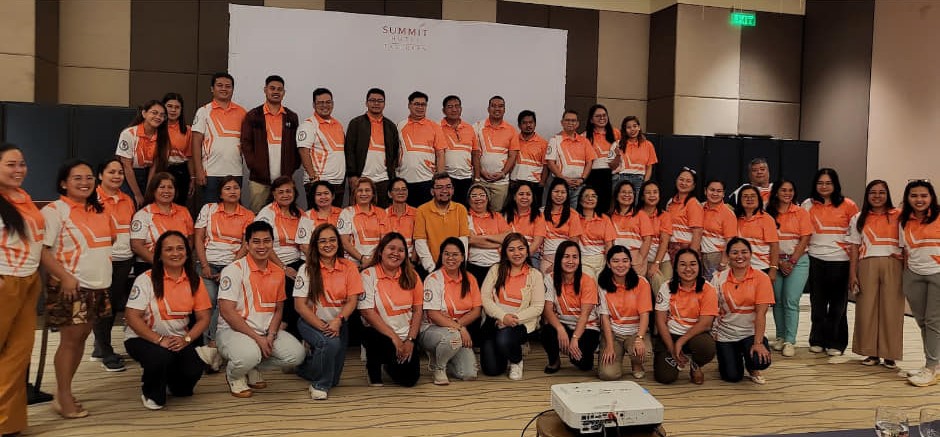Written By Joan J. Baclay


TACLOBAN CITY – Samar State University’s (SSU) Advocacy on Gender and Women Advancement for National Development, known as SAGWAN, empowered SSU personnel across colleges and offices through a three-day training workshop at Summit Hotel, Tacloban City from March 12-14 (24).
Heads of offices from the SSU administration and representatives from the colleges and external campuses of SSU, known as Gender Focal Points (GFPs), engaged in the aforementioned training workshop, dubbed as the Levelling Session on Gender Concepts and Policy Imperatives, Gender Analysis and Gender Tools, and GAD Plan and Budget. GFPs are change agents designated within an institution or organization to monitor and stimulate greater consideration of gender equality issues in daily operations.
The sessions were enriched with knowledge-sharing among participants and facilitated by three resource speakers: Mr. Leo Christian V. Lauzon from the Philippine Commission on Women- National Gender and Development Resource Program, who spoke about Basic GAD Concepts and Policy Imperatives; Dr. Marianne D. Dagayloan, Director of the GAD Office at Biliran Province State University (BiPSU), who discussed Gender Analysis and Gender Tools; and Mr. Fernando E. Quiroz, Jr., Head of Gender Research and Administrative Support Services at BiPSU, who shared insights on GAD Plans and Budget.
In her welcome message, SAGWAN Director Charmaine S. Quiña highlighted that gender equality is not just a buzzword but a fundamental human right.
“Each concept we explore, each tool we master, and each plan we craft is a testament to our commitment to building a world where everyone, regardless of gender identity or expression, can thrive and flourish,” expressed Ms. Quiña.
With over 30 attendees, the training aims to capacitate the GFPs by increasing their knowledge of Gender Analysis, gender analysis tools, GAD planning, and budgeting, thereby, contributing to a more equitable and inclusive environment in the University and beyond.
